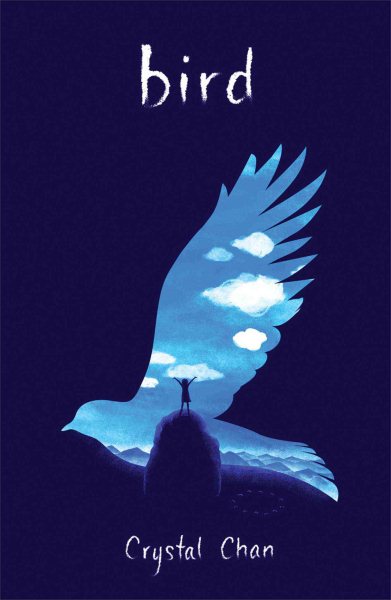
Besides feeling like a misfit, she feels like her brother’s replacement, so Jewel escapes to the only place she feels a sense of belonging—the cliff from which her brother John “flew” to his death. Here, she sits in a circle of stones—one for each year of her life—and dreams her secret dream to be a geologist—a profession her mom proclaims, isn’t practical. Rose doesn’t want her daughter to be a dreamer like her father; “I want you to have a good job when you grow up. Be someone” (63). But Jewel, who thinks she already is someone, loves “Dad’s lessons and his stories and the way he keeps wishing for things, even if they’ll never come true” (64). At the cliff, Jewel buries pebbles, giving her wishes, her worries, her hopes, her confusions, and her questions to the earth since “dirt is everything” (39). At the cliff, Jewel also talks to her brother since bringing him up around Mom is too risky; Mom changes, sometimes growing sullen for weeks at a time.
Against her parents’ wishes, Jewel slips off to the cliff when she cannot sleep. Her practical mom and her superstitious dad have forbidden her to visit the cliff since it’s dangerous and duppies live there. Duppies, according to Jewel’s dad, are Jamaican ghosts with strong powers to trick a person, and nighttime is when the spirit world gains power. Although Dad holds one of these duppies responsible for his son’s death, he also blames his own father, who had nicknamed John, Bird, planting the idea in the five-year-old’s head that he could fly. Since that fateful day, thinking he has killed his grandson, Grandpa has not spoken. Anger stalks around the house, crouching in corners. And smiles, if they come at all, slip through cracks in the walls.
Smothered by the silence, sadness, fear, and anger that have taken up residence in her home, Jewel escapes to the sacred silence of the outdoors where she meets John, a confident, courageous, and smart African American boy who wants to be an astronaut. Together, the two talk about their passions with impressive intelligence, spouting factoids about geomagnetic fields, the event horizon, Jupiter’s moons, brachiopods, echinoderms, and trilobites. The two become fast-friends, and Jewel’s knots of anger and sadness begin to dissolve into laughter—loud, fearsome, and free.
Although Grandpa thinks John is a duppy and lashes out at him, Jewel’s mom and John hit it off almost immediately. In John, Rose discovers the son she has lost, but John is not who the Campbell’s think he is—he has layers, like all humans do, “layers, like the earth, different strata piled one on top of the other. And if you dig, you can hit another layer inside someone. And sometimes those layers are surprising” (240).
Despite the rosemary, the rice, the Xolo dogs, the red sweaters, and the coconut trees for protection, Jewel only feels confused: “I didn’t know anymore what was what, if it was coincidences or luck or duppies or spirits or God or other mysteries” (287). It takes another near tragedy to jar the family from its stupor, to learn that joy dies unless you feed it and that silence has power to both push people away and to injure them.
Bird, Crystal Chan’s debut novel, is itself, a story with layers. It is a must read for anyone interested in geology, astronomy, race, culture, and the power of human emotions. From its powerful opening line, “Grandpa stopped speaking the day he killed my brother, John” (1) to its conclusion, Chan really does imagine us all to “imagine beyond boundaries.”
- Posted by Donna

